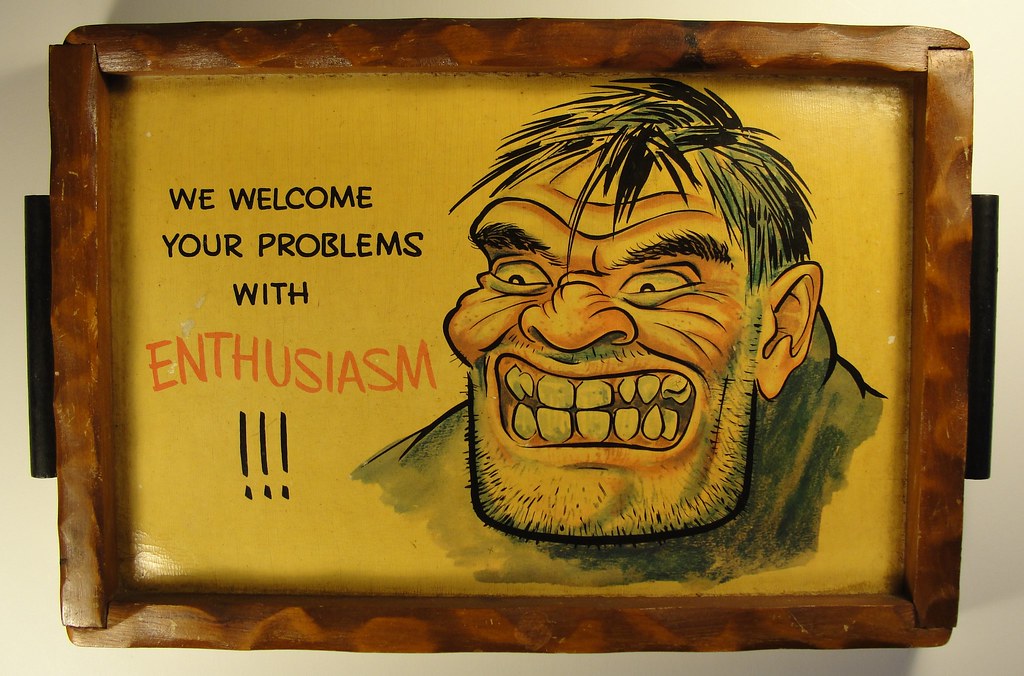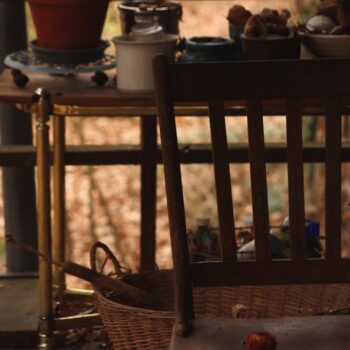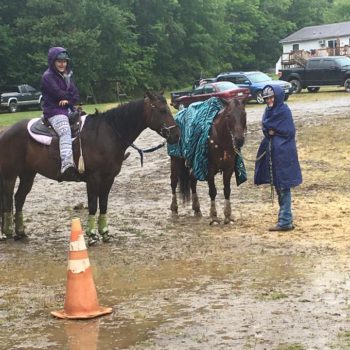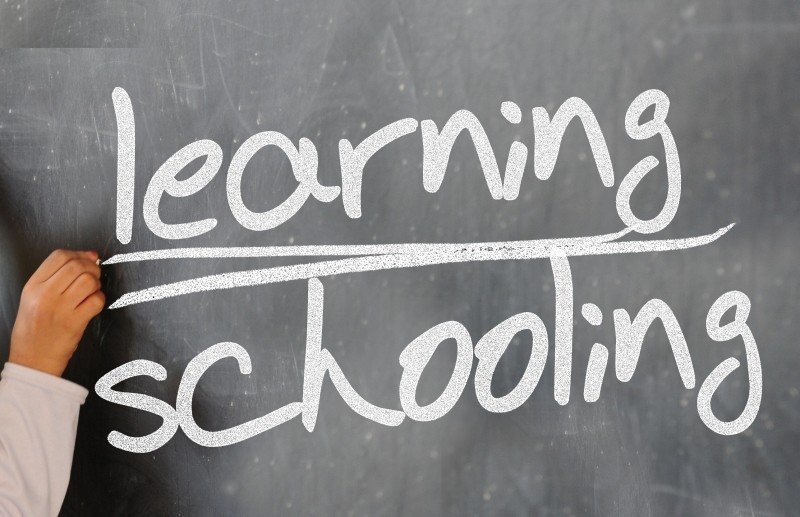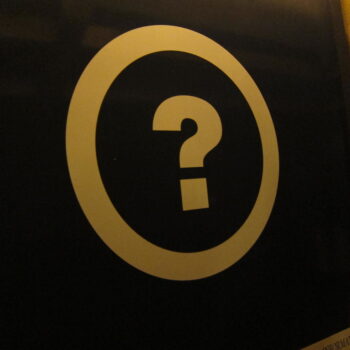Many people have argued over the relationship between ownership and a sense of self, and whether or not they are the same. Plato argues that owning objects is detrimental to a person’s character, while Aristotle argues the opposite: that owning objects develops moral character. While Jean-Paule Sartre argues that ownership extends beyond tangible objects to include intangible things, like thoughts or ideas. Ownership is a sense of self, but a sense of self is not ownership of tangible items.
Owning objects does not harm a person’s character, but owning them does not develop character either. Objects do define people because everyone is so focused on what they themselves and other people own that the objects they see or have place them in some level of society. For example, people always want the new technology that comes out, or the new car, or the latest album from their favorite band. However, these objects do nothing to develop their character. A new $30 album does not make someone a better person than he was before he owned it. Actually, the items people own do not define people, but rather money. Most people are so focused on the amount of money they have rather than the objects they have. Most influencers just push the amount of money they have and what they do with it, such as buying cars and large houses. However, objects do not make people who they are, but experiences do.
Ownership is more than just tangible items like money and objects, and it is the ownership of these intangible objects that define and develop who people are. Owning knowledge, ideas, opinions, beliefs, abilities, and thoughts are what develop or harm a person’s character. They are what makes people unique, but in a different way. Not everyone thinks the same or acts the same. Everyone believes, acts, and thinks differently than everybody else. For example, I believe and think differently than some of my friends and my cousins. It is those beliefs that make me different than they are or what makes us the same, in some way. These intangible items are the things that people are taught or learn overtime, but it is what we do with them that determines our character, not the items we own or the amount of money we have.
Ownership and sense of self do directly correlate with each other, though. You can own a sense of self, but a sense of self is not necessarily ownership of objects. Ownership in a sense of self is knowing who you are as a person, such as what you like, do, believe, think, et cetera, and “owning” it in a way. Meaning that you are proud of who you are, what you have done, and what you can do, accepting it, and displaying those dispositions in your character and the way you act. Growing up in a private school always made me feel that I needed to be just like everyone else in order to fit in, so that is exactly what I did. I acted like everyone else because I did not know who I was, or “own” who I was, so to speak. They often wanted to cut out your individuality. They did not want to hear why you thought the grass was green; they wanted you to believe it was blue. I had lost myself in an endless void of being told don’t do this, don’t do that; wear this, not that;we know what’s good for you and you don’t. So sit down, shut up, and listen. Almost everyone who graduated from that school did that, but there were always those certain few people who questioned it. They wore the things they knew they would not appreciate, they did the things they were told not to do, and they came out the other side with a better understanding of themselves and their sense of self because they never got to before. They found who they were, and were better because of it. They knew who they were afterwards and now know themselves better. They now have a sense of self. Since leaving that school, I, too, have a better understanding and ownership of my sense of self. Owning objects does not help develop a sense of self, experiences do. Sure, you may have an object or something that played an important role in the development of your sense of self, such as a book with a short story you wrote in it, but that book is not your sense of self. It is a reminder of an accomplishment you made and the long, hard journey it took to get there.
So, sure, maybe a sense of self is some tangible objects, but it is mostly your experiences, trials, tribulations, and the long road it takes to realize who you have become. Overall, ownership and a sense of self do relate to each other in some way or another, but owning objects does not develop or harm character in any way.
“Inspirational Quotes Leadership – Aristotle” by hot4sunny is licensed under CC BY-NC-ND 2.0


